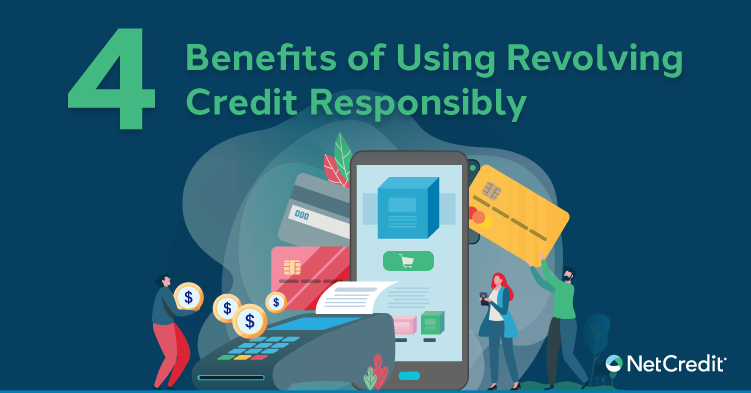Over 20 million Americans have a personal loan. The average American has roughly four credit card accounts. You might use credit regularly, but are you as familiar with your credit scores or reports? And did you realize that good credit can actually help you save money or secure a new job?
According to a recent study, over one in three adults don’t know how their credit score is determined. Without knowing what financial information is used to calculate a score, improving your credit rating can be a lot harder.
While your credit score doesn’t account for everything, it’s an important measure of your financial wellbeing. We’re here to shed truth on six common credit score myths.
Myth #1: Your income is tied directly to your credit score.
Your income or earnings aren’t considered in your credit score calculation. Your credit score simply reflects your credit history, including whether you make payments on time, what you owe versus your credit limit and the type(s) of credit you have.
Myth #2: Raising your credit score is practically impossible.
Credit scores can fluctuate, but it’s certainly possible to improve your credit rating with time and good financial habits. Your payment history and total amount owed make up 75 percent of your credit score, so paying your bills on time each month and keeping your credit utilization rate down can make a big difference if you’re looking to raise your score.
Myth #3: I can pay a company to improve my credit rating for me.
You might find companies that can help you learn good financial habits, but there’s no “credit score quick fix” that can immediately repair or erase your credit history. There’s nothing a third-party can do to improve your credit that you can’t do for yourself.
Credit scores can take a while to improve or change since they are dependent, in some ways, upon companies that report your monthly payment history. If you don’t notice a change right away, keep up good financial habits and check again in a few months.
Myth #4: Checking your personal credit report will lower your credit score.
Checking your own credit report does not lower your score. There are two types of credit inquiries — soft credit checks and hard credit checks. Soft credit checks, including what happens when you check your own credit report, do not lower your score. Hard credit checks, which are more likely to happen if you apply for a new form of credit, can temporarily lower your score by a few points.
It’s a good idea to check your credit scores with each of the three major credit reporting bureaus as often as you can. Carefully review each section and dispute any incorrect information, if necessary.
Myth #5: Married couples share the same credit score.
Though couples may share bank accounts and other financial information, your credit score is tied to your Social Security number, so it reflects your own financial history. However, joint accounts, such as a shared credit card in each person’s name, can affect your payment history and impact your credit rating. Make sure to practice good financial habits with any account that may impact your score.
Myth #6: The older you are, the higher your credit score will be.
While it’s true that older Americans tend to have higher credit scores, it’s not because age is considered when calculating your score. Other reasons, such as a longer credit history and more experience with personal credit may have more to do with this finding.






